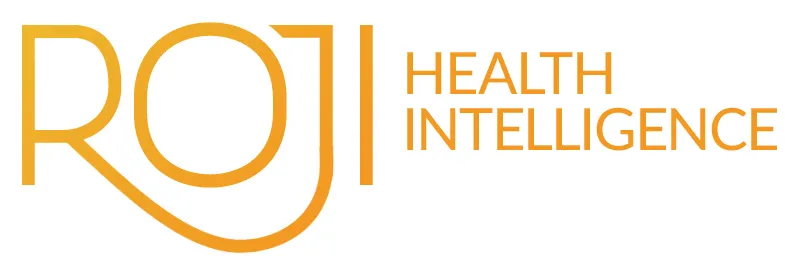After an intense few years in health care, will 2023 deliver more punches? While 2022 was dubbed a COVID “recovery” year, as patient volume rebounded, health care staffing shortages festered. Burnout prompted physicians to retire, sell practices to corporate owners, or leave traditional health care for other employment. Simply put, 2022 was short on recovery […]
Will Consumers Derail Your Value-Based Care Success?
Your health care organization may be on the tightrope of still coping with COVID-related illness and delivering essential patient care, amidst staffing and supply shortages. But in 2022, life is not poised to give health care a breather. Likewise, there is no slow-down to the expansion of Value-Based Care and payment models or development of […]
Why Health Equity Will Be Measured in Value-Based Health Care
After the first wave of COVID-19 case numbers and deaths in Spring 2020, it was Mayor Lori Lightfoot of Chicago who broke the story of how the virus was distinctly ravaging Black and brown communities with higher hospitalizations and deaths. In Chicago, alone, Black residents were dying from COVID-19 at six times the rate of […]
7 New Value-Based Health Care Directions You’ll See in 2021
Everyone who’s reeling from 2020 is hoping for light in 2021. Health care, especially—systems, hospitals, clinical practices and their providers—wants the pain to stop. What might lie ahead for health care next year? Here’s what we’re thinking about the near future, and what you should watch for in 2021. 1. Health care providers will be […]
“Push-Pull” for Providers in Medicare’s Proposed 2021 Rule for Physician Fees and Quality Reporting
The newly published 2021 CMS Physician Fee Schedule and Quality Payment Program (QPP) Proposed Rule reflects our harsh reality: Operate under the constraints of the COVID-19 pandemic, while moving toward uniformity and Risk. That tension is palpable in the Proposed Rule’s “push-pull” of CMS trying to continue to advance a Value agenda while stuck in […]
The Fallacy of “Relief”: The Dangers of MIPS Extreme and Uncontrollable Circumstances Applications
Under the banner of “relief,” CMS has announced that clinicians will have the opportunity to file an Extreme and Uncontrollable Circumstances application to qualify for re-weighting in some or all components of the Merit-Based Incentive Payment System (MIPS). This possibility may sound intriguing, but don’t be fooled—those who take this route are overlooking the longer-term […]
Is Telehealth Bridging or Widening the Health Care Gap? We Need to Find Out.
ROJI Health Intelligence CEO Theresa Hush frames the questions we need to ask about the future of telehealth in this 3:37 minute video. Telehealth has become the go-to solution for health care during the COVID-19 pandemic, enabling providers and consumers to remain in contact for routine and non-emergency visits while brick-and-mortar spaces have been closed. […]
The Interim ACO Rule Explained: A Pause, Not a Reprieve
As the coronavirus pandemic continues to upend health care in the U.S., pressure has mounted on CMS to adjust its efforts to drive providers to adopt risk. In response, at the end of last week CMS announced a carve-out of COVID-19 patient expenses from certain reporting requirements. In this round, ACOs were on the receiving […]
Best Online Resources for Understanding and Responding to COVID-19
As Roji Health Intelligence focuses on how our business can support the heroic efforts of health care providers in the front lines of the pandemic, I’m spending hours researching and reading the best science and public health information about COVID-19. Here are resources that I’ve found to be indispensable, as well as significant research to […]
Roji Health Intelligence Launches Population Health Registry for Patients at High Risk for Severe COVID-19
To assist the health care provider community’s heroic efforts to combat COVID-19, Roji Health Intelligence has launched a new Population Health Registry for Patients at High Risk for Severe COVID-19. Our goal is to help providers track, monitor, and communicate with patients whose underlying health conditions will make them more vulnerable to the virus, particularly […]










